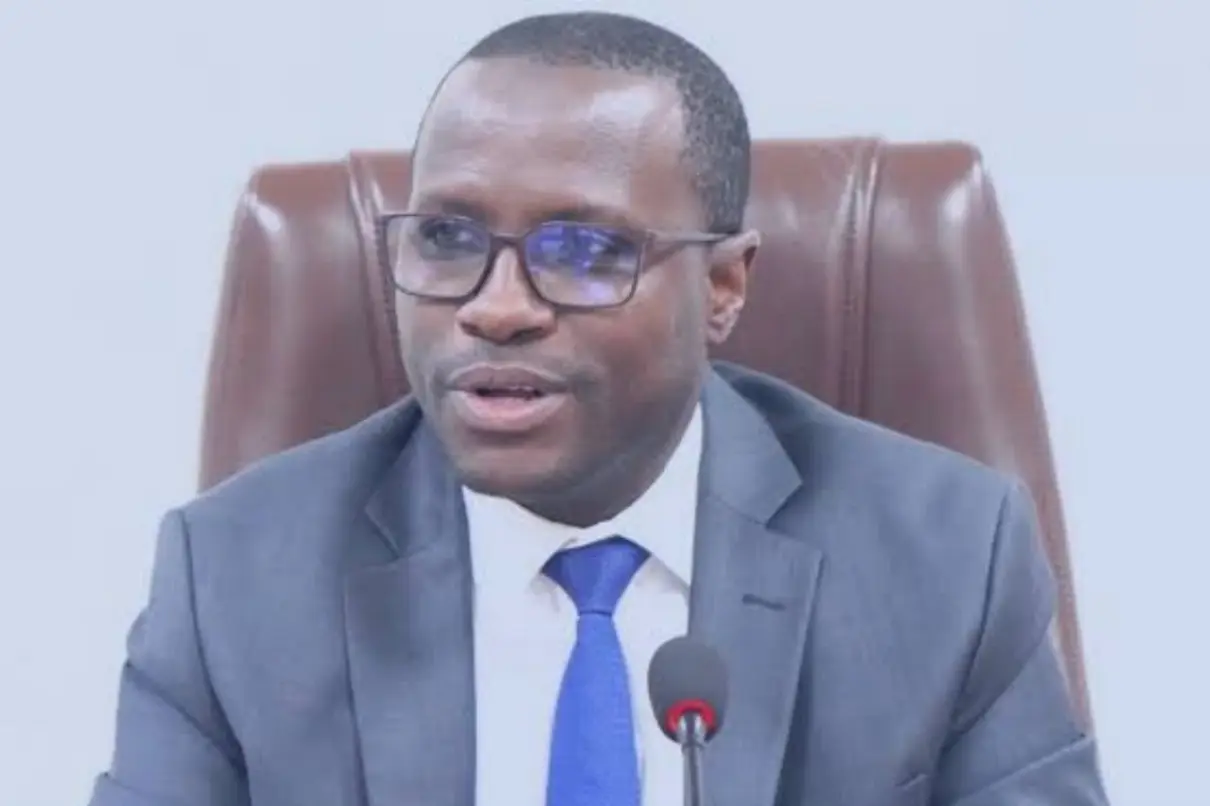August 22, 2025 – The Independent Corrupt Practices and Other Related Offences Commission (ICPC) has disclosed that only seven out of the 774 Local Government Areas in Nigeria currently operate functional websites where information on governance, projects, and financial spending can be accessed.
The anti-corruption agency said the absence of these websites across most local governments is a major transparency challenge.
Musa Aliyu, the Chairman of ICPC, made this known during a Channels TV programme anchored by former Presidential spokesman, Laolu Akande, on Friday. He explained that accountability in governance cannot thrive if citizens do not have access to information about how their local governments operate.
Aliyu said, “Recently, because of the focal decision, we have now initiated a programme we call corruption prevention programme in the local government areas. We are using five thematic areas: One, the issue of open fiscal transparency, open procurements, the issue of corruption control, human resources and citizen engagement. Also, we are now trying to say, okay, we developed that each local government should have a website so that they can put out information. What we discovered was that there are only seven local governments with functional websites in Nigeria. That is to say we have a lot of problems because we cannot go all over.”
He stressed that websites would help residents and other stakeholders monitor government projects and finances, promoting accountability and good governance.
“That’s why we say, okay, why can’t we have a website? Publish these things, so that people will know what you’re doing, otherwise, it will be difficult for us to know, so that there will be transparency,” he added.
Aliyu also pointed out that the problem of secrecy in the local government system cuts across all six geo-political zones. “All these local government areas are not from one geo-political zone. Almost all the LGAs in all the six geo-political zones don’t have a single functional website. The issue of transparency is now a challenge in the LGAs. You will see that a public officer, who is supposed to put a street light for the public to use, will now put it in his house,” he said.
The ICPC boss revealed further that corruption is not limited to local governments but is also found in sectors such as healthcare and education, where some workers divert public donations for personal benefit. He noted that such actions deny citizens quality services in essential areas like health care, schools, and social protection.
Speaking on efforts to ensure accountability in governance, Aliyu explained that the ICPC has a constituency project tracking initiative. According to him, this programme is designed to monitor government spending in areas such as education, agriculture, empowerment, and the health sector to ensure that public funds are not diverted.
“When you look at it, there is this issue of constituency projects that the National Assembly is doing, and ICPC has what we call a constituency project tracking initiative, whereby we’re following projects that are in critical areas: education, health sector, agriculture or empowerment, to see these things go down to the members of the public, the real downtrodden people. And we have been tracking all these things, and we have discovered a lot of issues. We have made a lot of recoveries, because it’s really meant for corruption prevention,” he explained.
Aliyu also said the commission is tracking budget implementation, particularly the national budget, to ensure compliance and proper use of funds. He stated that contractors are compelled to return to project sites whenever lapses or diversions are discovered.
He added that ICPC, in collaboration with the Economic and Financial Crimes Commission (EFCC), is pushing for a bill on unexplainable wealth, which, if passed into law, would help address corruption by holding public officers accountable for assets they cannot justify.

